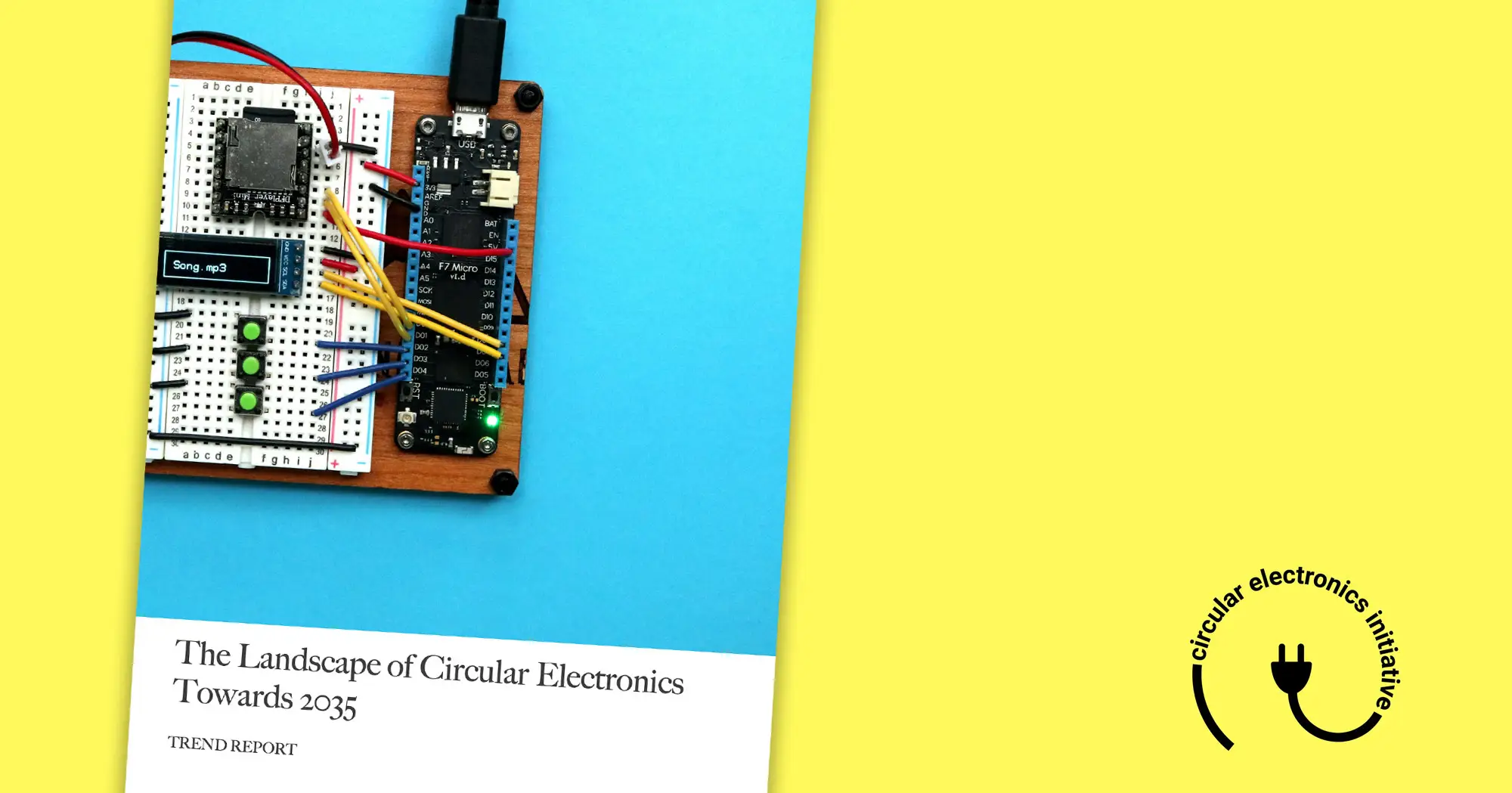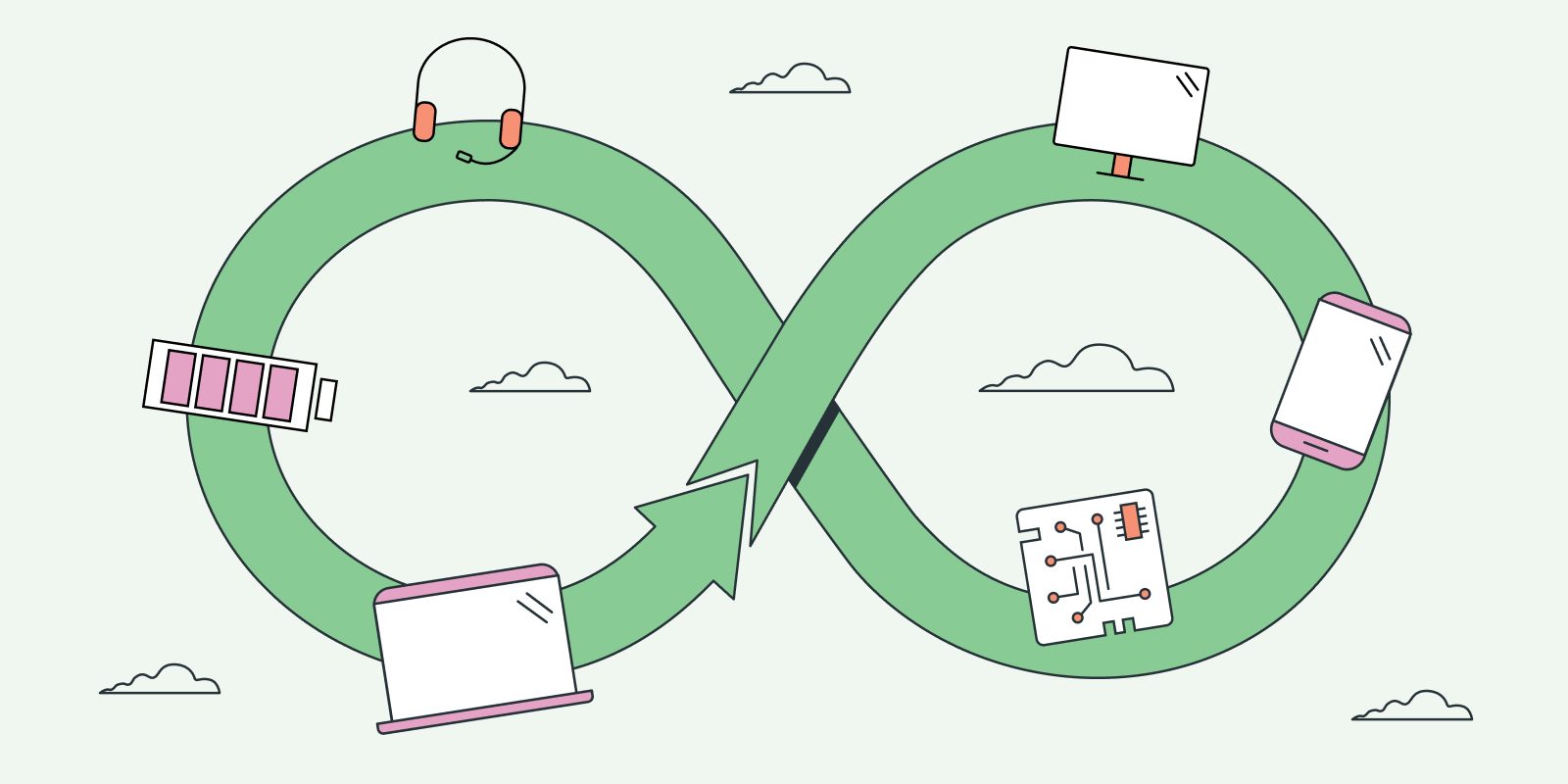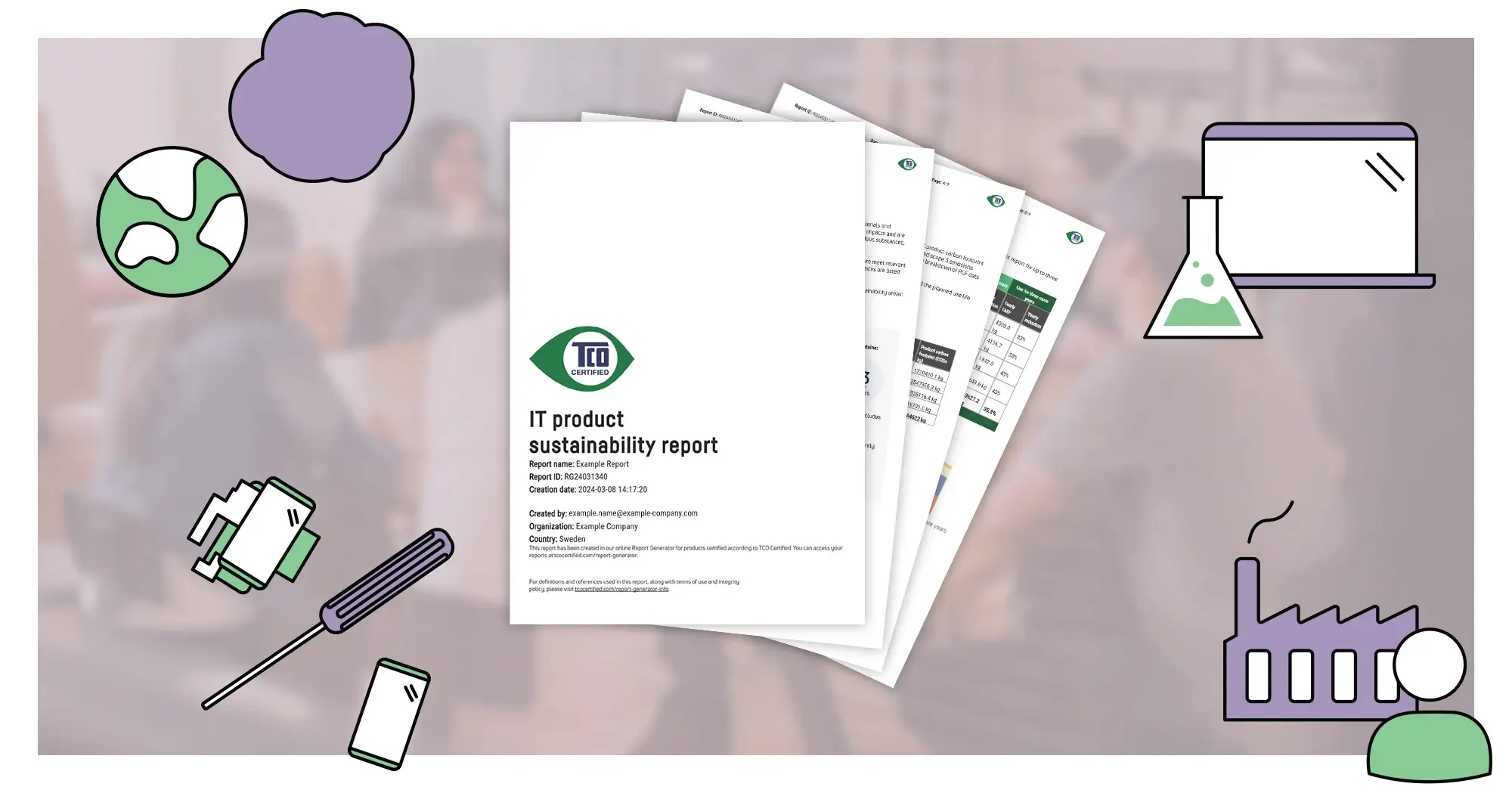“Talking about e-waste is really important to help buyers take a more holistic approach to their electronic goods”, says Gabriella Mellstrand, Marketing and Communication Director at TCO Development.
October 14th is International E-waste Day, an initiative aimed at reducing the burden that e-waste places on the environment and saving natural resources. To support educational and public awareness activities linked to the initiative, TCO Development launched an e-waste quiz.
TCO Development is the organization behind TCO Certified, the world’s most comprehensive sustainability certification for IT products, helping organizations make responsible product choices that drive the industry in a sustainable direction. Covering office IT products and data center products, comprehensive criteria drive social and environmental sustainability throughout the IT product life cycle with compliance independently verified, both pre and post certification.
With almost 2000 people from 50 countries taking the quiz, these are some of the findings!
18% believe that the growing amount of e-waste is mainly due to the fact that people have finally started recycling.
In fact, the increased e-waste volumes is mainly fuelled by higher consumption rates of electronics, short life cycles, and few repair options.
“The single most important thing you can do for the environment, both in terms of e-waste and reducing greenhouse gas emissions, is keeping IT products in use longer. For example, adding two years to a notebook’s life can cut total emissions by up to 30 percent.” Gabriella Mellstrand continues.
95% are aware that e-waste is a risk to human health.
E-waste contains several hazardous substances which risk leaking out into the natural environment affecting human health if not recycled properly.
Just over half of the respondents answered correctly that the estimated annual value of raw materials contained in e-waste amounts to EUR 55 billion.
Apart from being a risk to human health and the environment, the current way of handling e-waste has a negative economic impact. Electronic products contain a number of scarce, valuable resources that are essential for meeting our future product needs.
“Be part of the solution. Keep your IT products in circulation for as long as possible by use, re-use, repair or reselling the product. If none of this is possible, make sure the product is responsibly recycled,” Gabriella Mellstrand concludes.
About International E-waste Day
The purpose of International E-waste Day is to encourage consumers to recycle their e-waste. The initiative has been developed by the WEEE Forum, an international association for electrical and electronic waste collection and recovery systems, together with more than 100 of its members and external stakeholders.
Toward sustainable IT products
The organization behind the sustainability certification TCO Certified is TCO Development. Our vision is that all IT products should have an environmentally and socially sustainable life cycle. Science-based criteria and independent verification of compliance help us track and accelerate progress over time.
Contact
Dennis Svärd, Global PR Manager
dennis.svard@tcodevelopment.com
Mobile: +46 (0) 704 804 094




